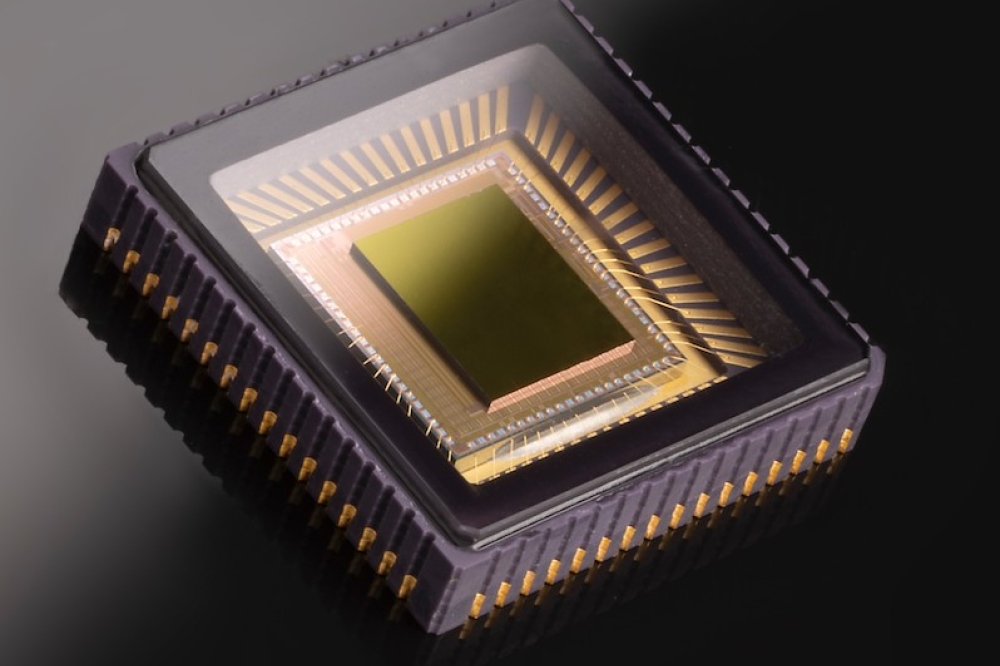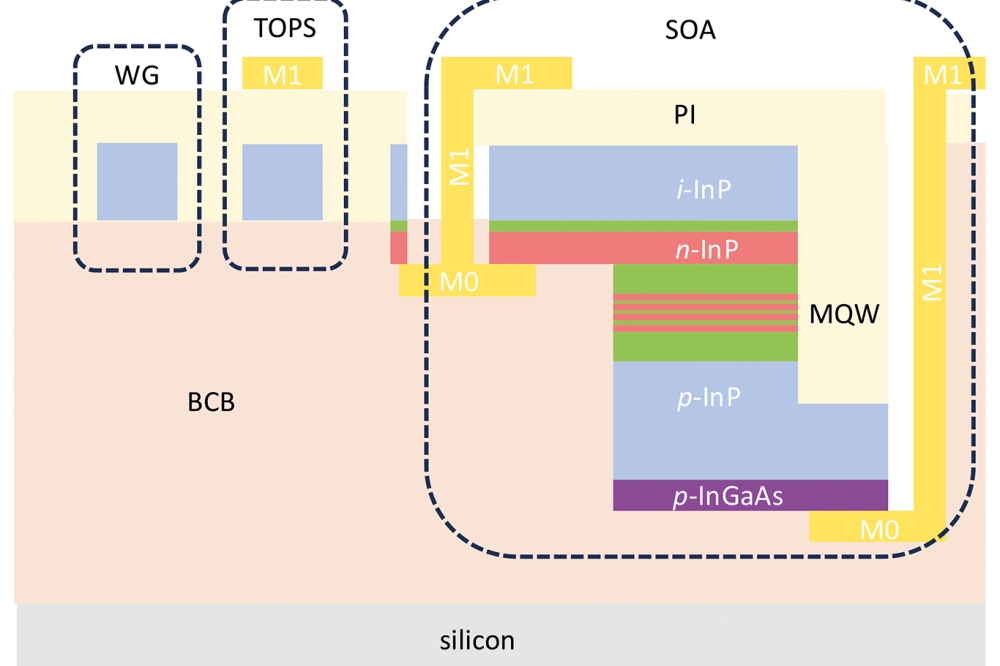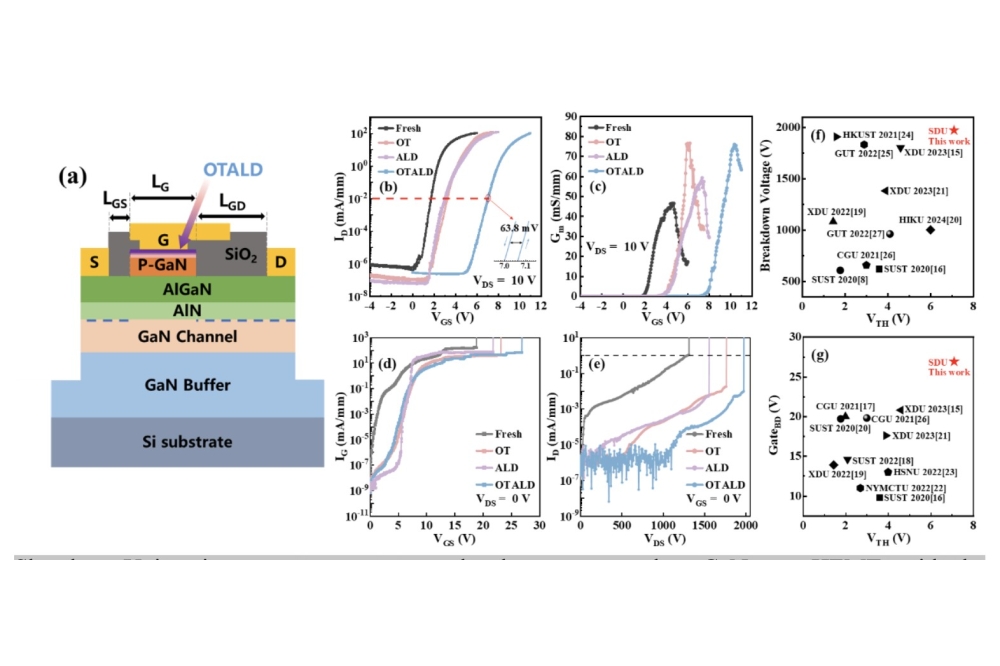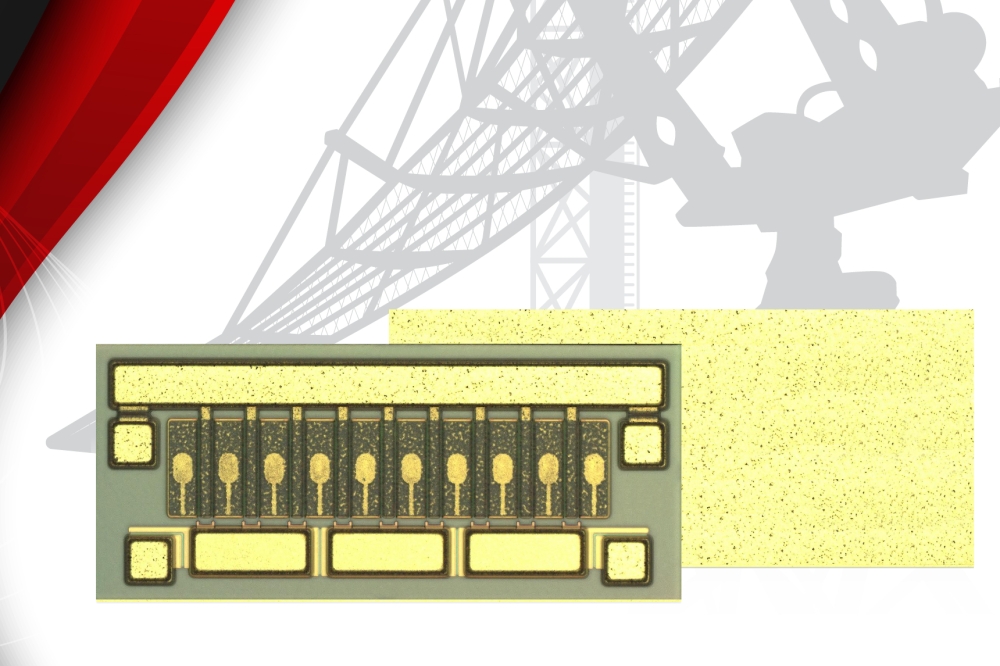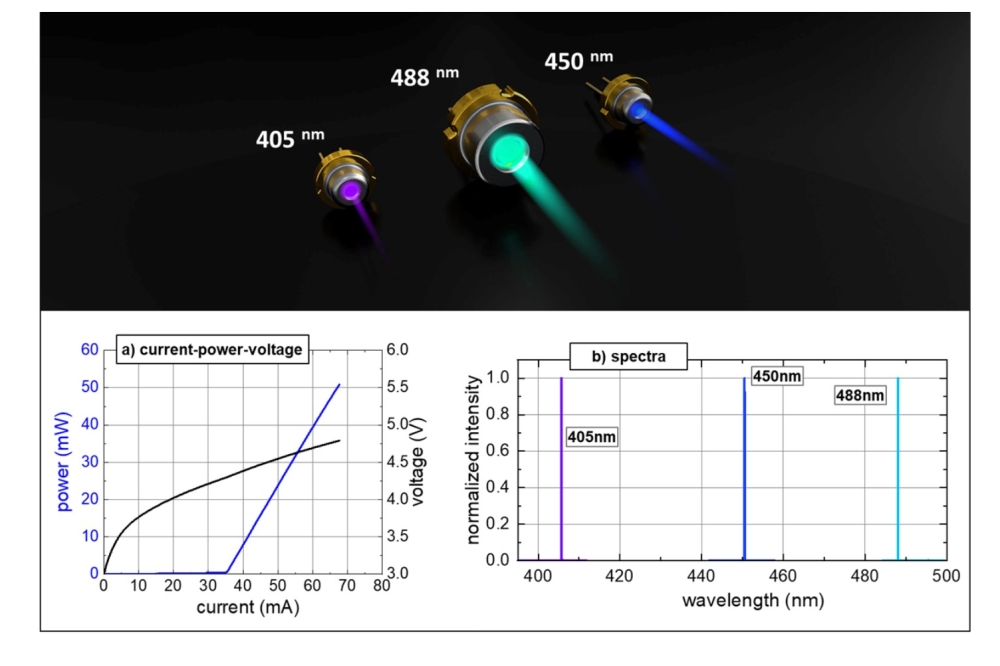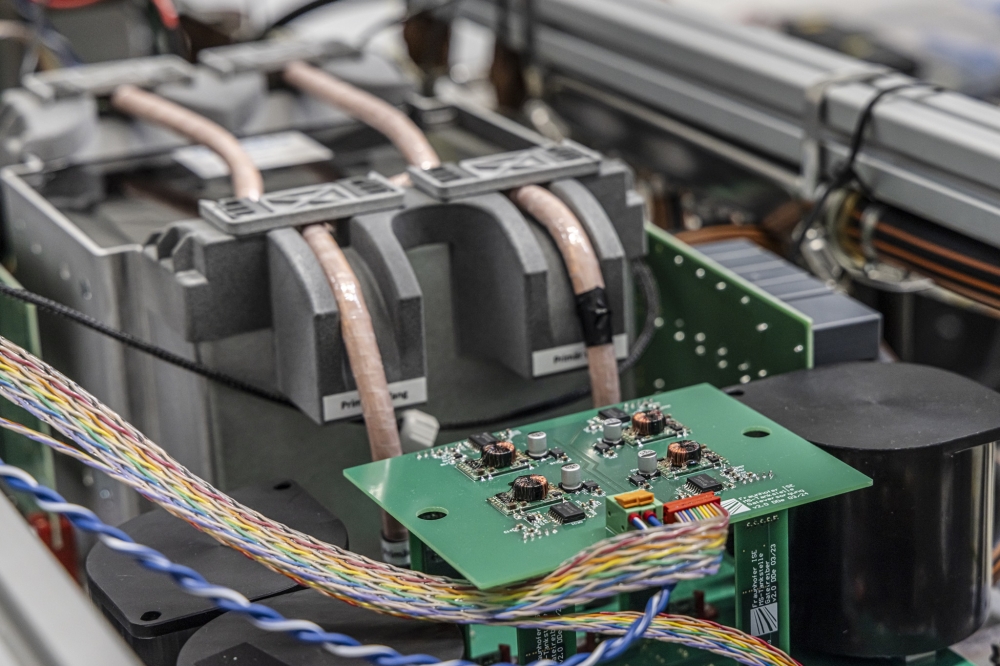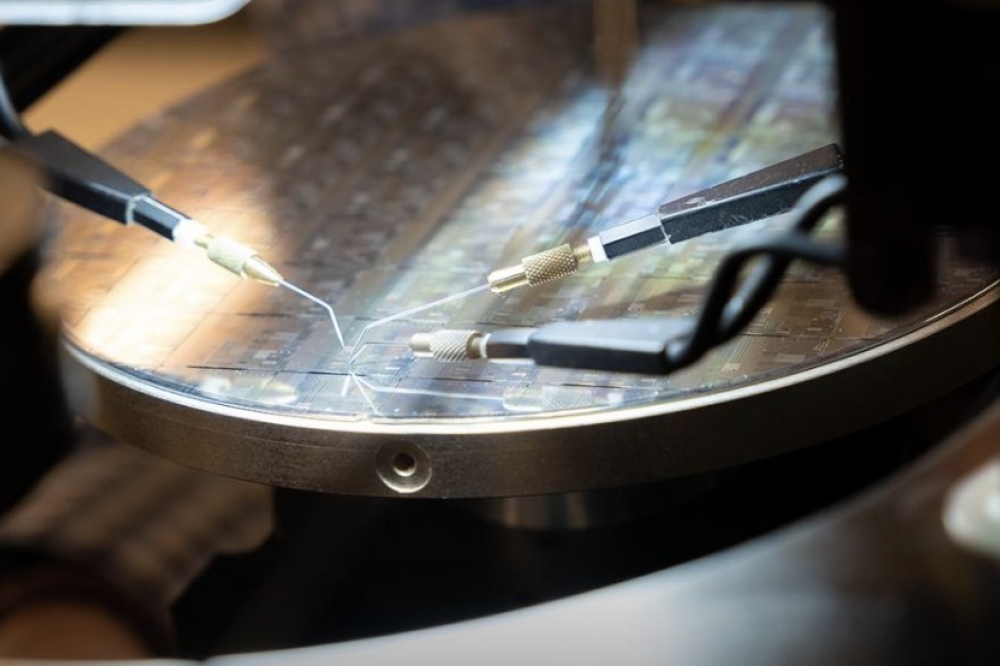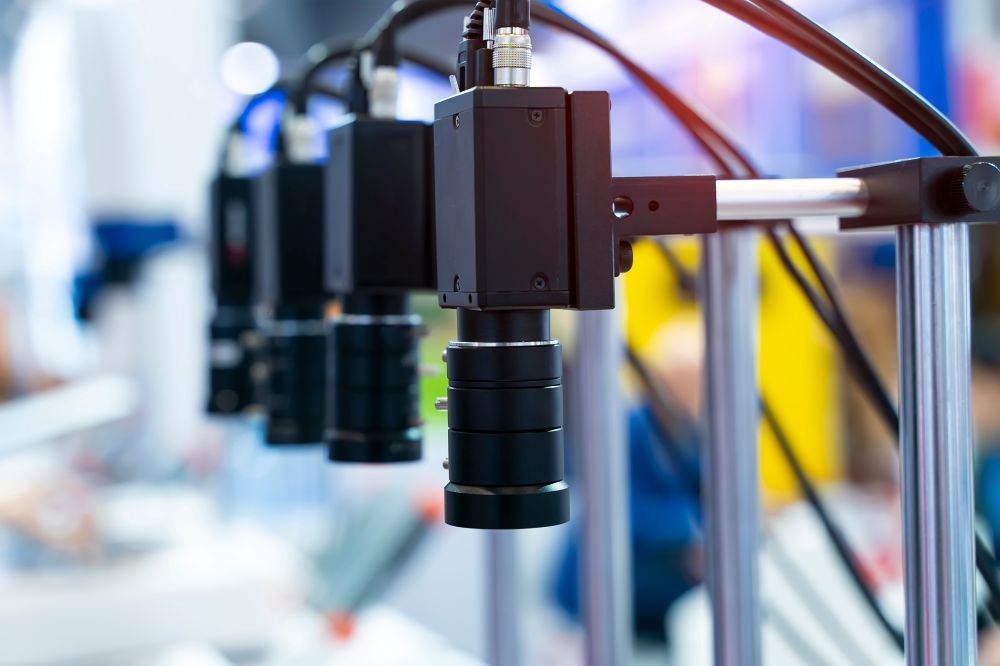Qcells to invest $100M in perovskite tandem line
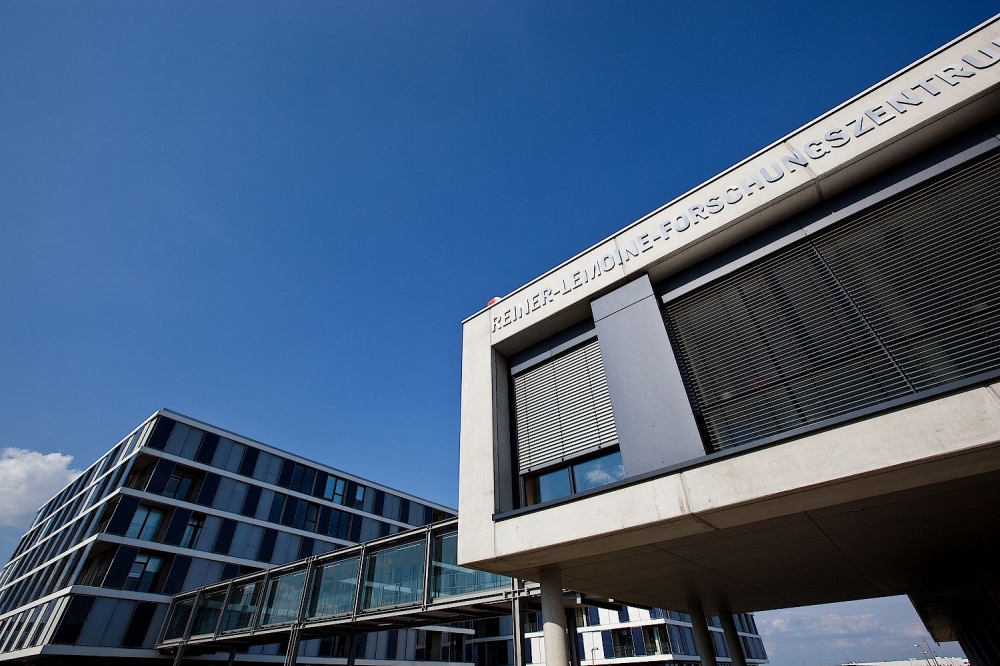
Korean firm aims to seize technological leadership for high-efficiency solar modules
Earlier this year, in collaboration with Helmholtz Zentrum Berlin, Qcells succeeded in developing a perovskite tandem cell with up to 29.3 percent efficiency rate. The result was verified by NREL (National Renewable Energy Laboratory), run by the US Department of Energy.
Now, Qcells has announced it will invest $100 million to accelerate the commercialisation of perovskite-based tandem cells. Qcells’ parent company, Hanwha Solutions, said it will build a pilot tandem-cell production line at its Jincheon factory in South Korea. The facility is expected to be operational by late 2024 with the aim to commercialise tandem cells by 2026.
To support this target, the pilot facility in Jincheon will work closely with Qcells’ headquarters for technology and innovation in Thalheim, Germany (pictured above). Qcells already operates a R&D pilot line for tandem cells at Thalheim and participates in a four-year research project called PEPPERONI. The goal of PEPPERONI is to develop a pathway to commercialise tandem cell development in Europe.
“This investment in Jincheon will mark an important step in securing technological leadership,” Qcells CEO Justin Lee said. “With global R&D network spanning from Korea, Germany and the US, Qcells will ramp up its efforts to produce high-efficiency advanced tandem cells.”
The investment will pave the way for Qcells to mass-produce perovskite tandem cells, which have a much higher efficiency rate than silicon-based solar cells that utilise TOPCon (Tunnel Oxide Passivated Contact) or heterojunction technology.
Hanwha Qcells (commonly known as simply Qcells) is a major manufacturer of photovoltaic cells. The company is headquartered in Seoul, South Korea, after being founded in 1999 in Bitterfeld-Wolfen, Germany, where the company still has its engineering offices.























